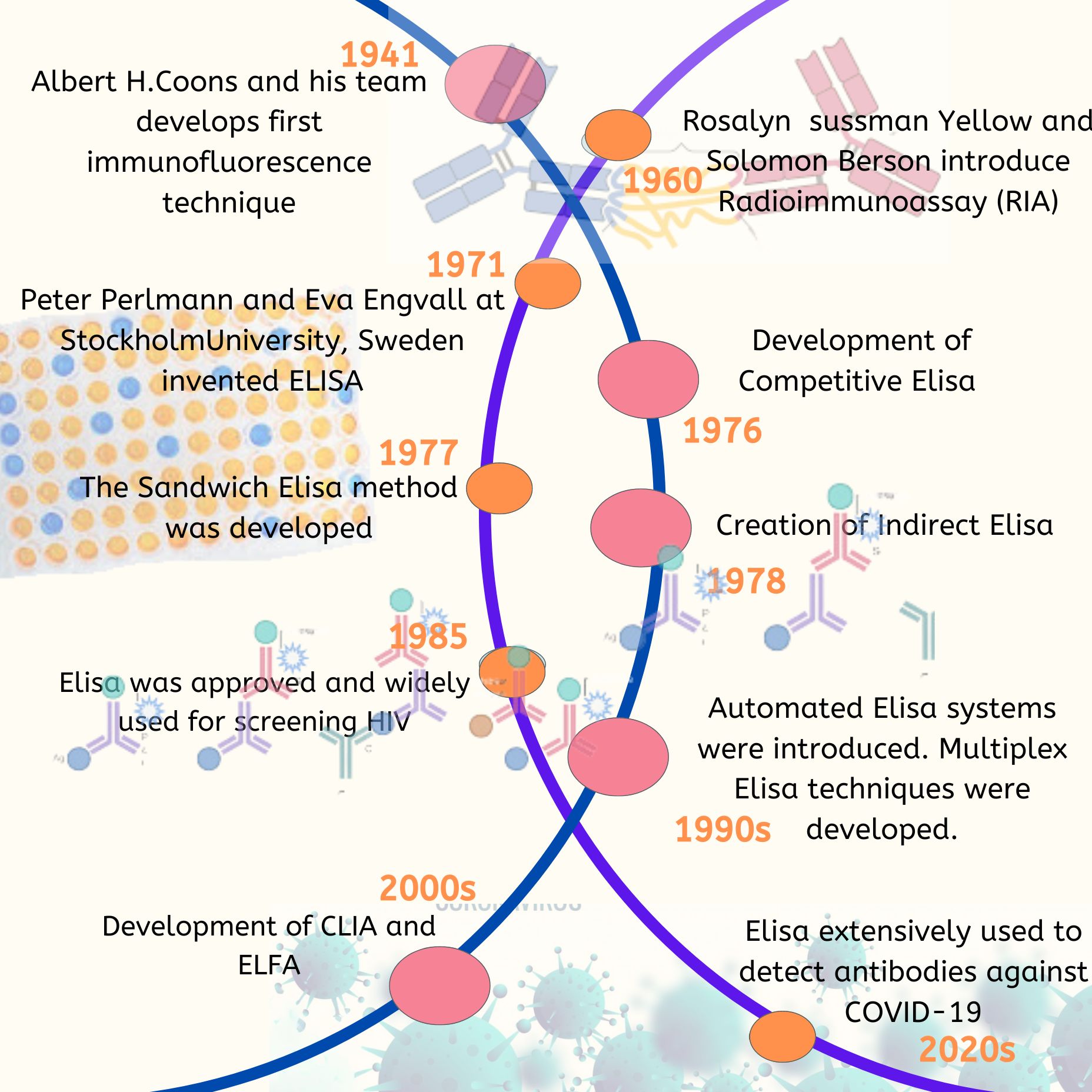Dementia is a common condition affecting the individual’s mental ability associated with memory and thinking that can interfere with their daily activities. Dementia is actually not a disease but a syndrome which describes a range of associated symptoms. Alzheimer’s disease is the common form of dementia and vascular dementia is the second common type that occurs after a stroke. Early diagnosis can assist the individual in planning their future and in ensuring they benefit from appropriate treatment or the supportive care.
Causes
Dementia is the nerve cell damage of the brain. The progressive change usually occurs as the result of abnormal protein accumulation in the brain. Depending on the part of the brain involved, dementia can accordingly differ in individuals. In most cases, dementia is not an inherited condition although frontotemporal dementia has been identified to run in families. Some of the progressive types of dementias include alzheimer’s disease, vascular dementia, mixed dementia and frontotemporal dementia. Other disorders associated with dementia include huntington’s disease, parkinson’s disease and traumatic brain injury.
Symptoms
Depending on the cause of dementia, the symptoms can vary. However, some of the common symptoms associated with dementia include memory loss, unable to communicate effectively, problems with motor functions, confusion, impaired ability to focus or pay attention, disorientation and difficulty with reasoning. Additional changes can include depression, personality changes, hallucinations, paranoia and anxiety. Several of the dementia is progressive that may initially begin slowly. It is essential to have a professional evaluation, particularly when the close family member exhibits memory difficulties or problems with the ability to think.
Diagnosis
There is no single specific diagnostic test available to identify dementia. The individual may be referred to a neurologist or psychiatrist who can treat dementia. This usually is evaluated based on the individual’s medical history, various tests, physical examination and behavioural changes that affect their everyday activities. Cognitive function will be assessed by a variety of tests to evaluate the memory, judgment, language skill and orientation. The neurological evaluation can determine the individual’s balance, senses, reflexes, visual perception and memory. Additional tests can include CT or MRI scan of the brain and blood analysis to determine if vitamin deficiency or other conditions can be the cause of dementia.
Treatment
The treatment of dementia is often based on the underlying problem. Most of the progressive forms of dementia don’t have cure or treatment to slow the progression of the condition. However, there are medications available that can help in the management and to temporarily improve the symptoms which are usually administered in the early or middle stage of the disease. The nondrug intervention for behavioural issues can include occupational therapy, modifying the affected individual’s environment for safety and modifying task structure to make it easier to manage. Dementia caused by thyroid hormone or vitamin deficiencies can be treated with supplements.
References
http://www.nhs.uk/Conditions/dementia-guide/Pages/dementia-treatment.aspx
http://www.alz.org/what-is-dementia.asp#dementia
http://www.mayoclinic.org/diseases-conditions/dementia/diagnosis-treatment/treatment/txc-20198533



